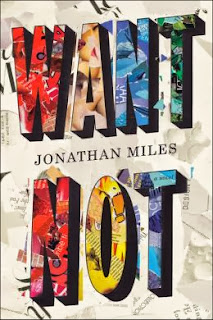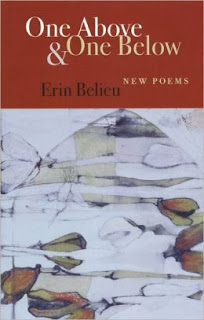New York Times bestselling author William C. Dietz has published more than forty novels including
Andromeda's Choice, the latest volume of Dietz's popular
Legion of the Damned™ series.

Hundreds of years in the future, much has changed. Advances in medicine, technology, and science abound. Humanity has gone to the stars, found alien life, and established an empire. But some things never change...
All her life, Lady Catherine Carletto (called Cat) has lived for nothing but the next party, the next lover, and the next expensive toy. Then, as part of a murderous power grab, Princess Ophelia and her cadre of synth assassins murder her brother the emperor, and go on to purge the galaxy of his friends and supporters—including Cat’s family.
Now Cat, the only surviving Carletto, is on the run. And, like countless others before her, she seeks refuge in a military organization that's home to society's most dangerous misfits.
The Legion of the Damned.
Cat Carletto vanishes and Legion Recruit Andromeda McKee appears in her place. A woman with a mission—to bring down Empress Ophelia—or die trying.
The preceding volume is titled:
Andromeda's Fall.
But in spite of the fact that Dietz writes science fiction--that isn't what he's been reading. His reply to my recent query on that subject:
The last book I read was The Pride And The Anguish by Douglas Reeman. I love his World War II naval fiction, as well as the Richard Bolithio stories, are set  during the Napoleonic Wars--and were written under the pseudonym Alexander Kent. I think they and are every bit as good as C.S. Forester's Hornblower books and that's saying something.
during the Napoleonic Wars--and were written under the pseudonym Alexander Kent. I think they and are every bit as good as C.S. Forester's Hornblower books and that's saying something.
If that seems like a strange reading list for a science fiction writer it's important to remember that I am primarily a military science fiction writer, so I gravitate to the type of books that I'm interested in, regardless of the time period.
I am however vicariously reading a biographical book called Wild, by Cheryl Strayed. I say vicariously because although I haven't read a single page of the book myself, my wife Marjorie is in the process of reading it, and provides me with a detailed book report every day at 4:00 PM. That's when we sit down for a couple of gin and tonics (Tanqueray- Rangpur in tall glasses) and speak of many things, some of which are important, and most of which are trivial.
Rangpur in tall glasses) and speak of many things, some of which are important, and most of which are trivial.
The full title of Strayed's book is, Wild: From Lost to Found on the Pacific Crest Trail. As the title would suggest the book is about a physical as well as psychological and emotional journey. And based on what I've heard so far Wild shares some similarities with Zen And the Art of Motorcycle Maintenance, by Robert M. Pirsig, has undertones of Into The Wild, by Jon Krakauer, and contains enough technical stuff to keep readers thumbing through the latest REI catalog.
Or so it seems to me... Remembering that I haven't read the book--but am basing my report on Marjorie's enthusiastic briefings. Oh, and did I mention that Wild is a huge bestseller? The kind that authors such as myself can only dream of? I need to find those hiking boots.
Visit
William C. Dietz's website.
The Page 69 Test: Andromeda's Fall.
My Book, The Movie: Andromeda's Fall.
The Page 69 Test: Andromeda's Choice.
--Marshal Zeringue
 Carola Dunn is the author of Heirs of the Body and many previous mysteries featuring Daisy Dalrymple, as well as numerous historical novels. Born and raised in England, she lives in Eugene, Oregon.
Carola Dunn is the author of Heirs of the Body and many previous mysteries featuring Daisy Dalrymple, as well as numerous historical novels. Born and raised in England, she lives in Eugene, Oregon.Indian/Pakistani immigrants now living there is fascinating.
rescued dogs. When they moved from LA to New England, taking the dogs with them turned into a major enterprise. Funny, sad, amazing... every emotion you can think of that comes with the interaction of canine and human.



















































